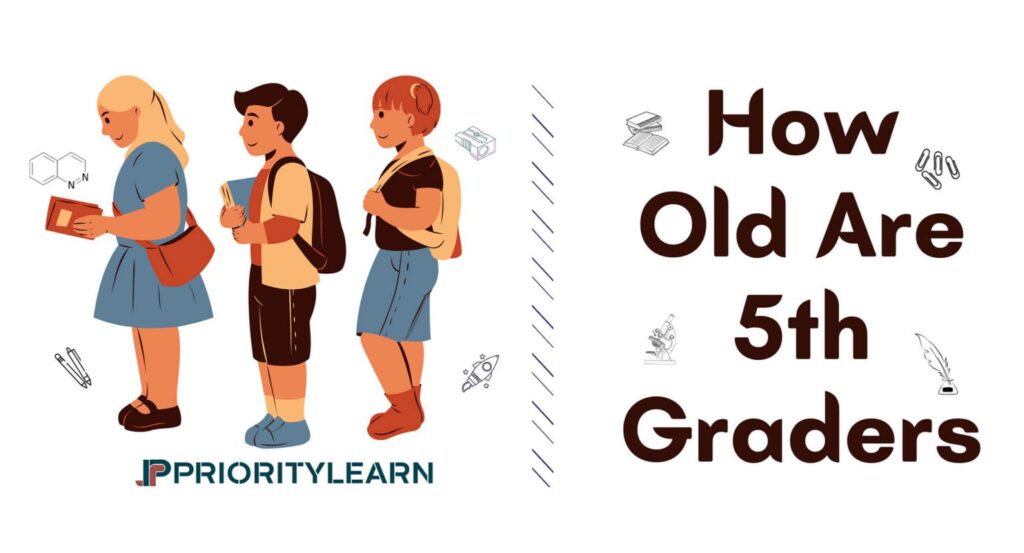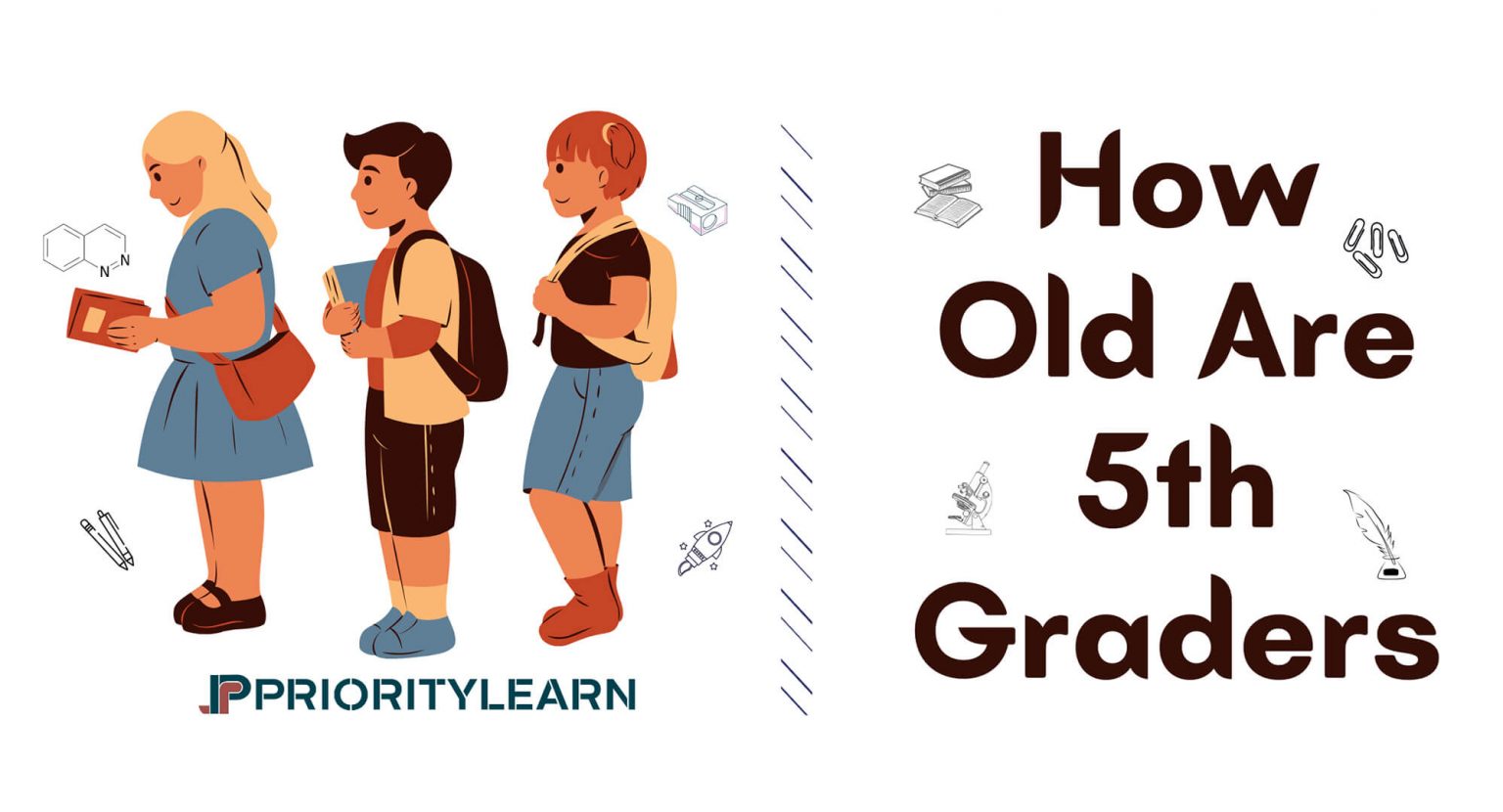
Don’t Mess With Us Fifth Graders: The Unforeseen Power of Elementary Students
The phrase “don’t mess with us fifth graders” might sound like a playful threat, a childish boast echoing from the schoolyard. But beneath the surface lies a compelling truth: fifth graders, often underestimated, possess a unique blend of intelligence, creativity, and burgeoning social awareness that makes them a force to be reckoned with. This article explores the reasons why one should think twice before underestimating the capabilities and potential impact of these young individuals. The narrative will weave through anecdotal evidence, educational research, and real-world examples, illustrating just how much these pre-teens are capable of. Understanding the power of fifth graders is crucial, especially for educators, parents, and anyone involved in shaping the future generation. We’ll examine how their developing minds can grasp complex concepts, contribute meaningfully to their communities, and even challenge established norms. So, the next time you hear someone say, “don’t mess with us fifth graders,” remember there’s more than meets the eye.
Cognitive Development and Critical Thinking
Fifth grade marks a significant period of cognitive development. Children at this age are transitioning from concrete operational thinking to more abstract thought. This means they are beginning to understand concepts that are not directly tied to physical objects or experiences. They can engage in hypothetical reasoning, explore different perspectives, and solve problems with increasing sophistication. The curriculum in fifth grade often reflects this shift, introducing topics like fractions, decimals, and basic algebra, which require abstract thinking skills. This is the age where ‘don’t mess with us fifth graders’ becomes a warning because they can outsmart you.
Moreover, critical thinking skills are honed during this time. Fifth graders are encouraged to analyze information, evaluate arguments, and form their own opinions. Teachers often use activities like debates, research projects, and group discussions to foster these skills. They learn to question assumptions, identify biases, and consider alternative viewpoints. This ability to think critically is not only essential for academic success but also for navigating the complexities of the world around them. Fifth graders are developing the tools to become informed and engaged citizens.
The Power of Questioning
One of the most powerful tools fifth graders possess is their ability to question everything. They are not afraid to challenge authority, ask difficult questions, and demand explanations. This inquisitiveness can be disruptive at times, but it is also a sign of intellectual curiosity and a desire to understand the world more deeply. Educators should encourage this questioning spirit, providing a safe and supportive environment for students to explore their ideas and challenge conventional wisdom. When you underestimate a fifth grader, you might be surprised by the insightful questions they pose.
Social Awareness and Empathy
Beyond cognitive development, fifth grade is also a crucial time for social and emotional growth. Children at this age are becoming more aware of social issues, such as inequality, injustice, and environmental degradation. They are developing a sense of empathy and a desire to make a positive impact on the world. This increased social awareness can manifest in various ways, from organizing fundraising events for charitable causes to advocating for environmental protection. The social awareness of fifth graders highlights why you ‘don’t mess with us fifth graders’ – they are a force for good.
Bullying prevention programs are common in many fifth-grade classrooms, teaching students about the importance of respect, kindness, and inclusion. They learn to recognize and respond to bullying behavior, both as bystanders and as potential targets. This emphasis on social responsibility helps to create a more positive and supportive school environment. Furthermore, fifth graders are often involved in community service projects, giving them the opportunity to apply their skills and knowledge to real-world problems. These experiences foster a sense of civic engagement and a commitment to making a difference.
Taking Action for Change
Fifth graders are not content to simply observe the world around them; they want to take action to make it a better place. They are often inspired by stories of individuals who have overcome adversity or made significant contributions to society. They may write letters to elected officials, organize petitions, or participate in protests to advocate for causes they believe in. This willingness to stand up for what is right, even in the face of opposition, is a testament to their moral courage and their commitment to social justice. Their activism is a reminder: don’t mess with us fifth graders, because we will stand up for what we believe in.
Creativity and Innovation
Fifth graders are brimming with creativity and innovative ideas. They have not yet been constrained by the limitations of adult thinking, and they are free to explore new possibilities and challenge existing norms. This creativity can manifest in various forms, from artistic expression to scientific experimentation. They may write stories, compose music, create artwork, or design inventions. Educators should provide opportunities for students to express their creativity and develop their innovative thinking skills. This could involve project-based learning, design thinking challenges, or open-ended art projects.
Technology plays an increasingly important role in fostering creativity and innovation in fifth grade. Students are often introduced to coding, robotics, and other digital tools that allow them to create and experiment in new ways. They may design video games, build websites, or create animations. These experiences not only develop their technical skills but also foster their problem-solving abilities and their capacity for innovation. The creative innovation of fifth graders is a reason why you really ‘don’t mess with us fifth graders’ – their ideas can change the world.
Unleashing Potential Through Play
Play is essential for fostering creativity and innovation in fifth grade. Students need opportunities to engage in unstructured play, where they can explore their imaginations and experiment with different ideas. This could involve building forts, playing dress-up, or creating imaginary worlds. Play allows them to take risks, make mistakes, and learn from their experiences. It also fosters collaboration, communication, and problem-solving skills. Educators should incorporate play into the curriculum, providing opportunities for students to engage in creative and imaginative activities. [See also: The Importance of Play in Education]
Real-World Examples of Fifth-Grade Impact
The impact of fifth graders extends beyond the classroom. There are numerous examples of young people who have made significant contributions to their communities and the world. From starting businesses to raising awareness about social issues, fifth graders are proving that age is no barrier to making a difference. These examples serve as inspiration for other young people, demonstrating that they have the power to create positive change. One example is a group of fifth graders who started a recycling program at their school, reducing waste and raising awareness about environmental sustainability. Another example is a fifth grader who invented a device to help people with disabilities. These stories highlight the potential of fifth graders to make a real-world impact. Thinking of underestimating them? Remember, ‘don’t mess with us fifth graders’.
Empowering Future Leaders
By recognizing and nurturing the potential of fifth graders, we can empower them to become future leaders. We can provide them with the skills, knowledge, and opportunities they need to make a positive impact on the world. This involves fostering their critical thinking skills, promoting their social awareness, encouraging their creativity, and providing them with opportunities to take action. By investing in the development of fifth graders, we are investing in the future of our society. We are helping to create a generation of informed, engaged, and compassionate citizens who are committed to making the world a better place. If you’re tempted to ‘don’t mess with us fifth graders’, remember you’re messing with the future.
Conclusion: Respect the Power of Fifth Graders
In conclusion, the phrase “don’t mess with us fifth graders” is more than just a playful threat. It is a reminder to recognize and respect the potential of these young individuals. Fifth graders are developing critical thinking skills, social awareness, and creativity that make them a force to be reckoned with. By providing them with the support and opportunities they need, we can empower them to become future leaders and make a positive impact on the world. So, the next time you encounter a fifth grader, remember to underestimate them at your peril. They may just surprise you with their intelligence, their creativity, and their commitment to making a difference. The power of ‘don’t mess with us fifth graders’ lies in their untapped potential and their unwavering belief in a better future. Remember, don’t mess with us fifth graders because they are the future, and they are ready to lead. The next generation of world leaders are fifth graders, and you ‘don’t mess with us fifth graders’.

